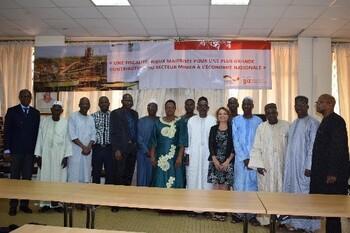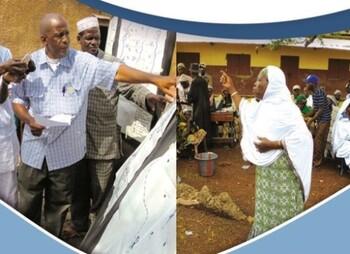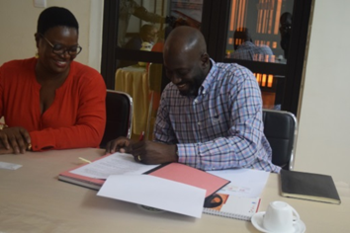Context
Mali’s extractive sector makes an important contribution to the country’s economy. Gold is Mali’s main export, accounting for 70 per cent of export earnings and almost 30 per cent of tax revenue. To better tap the potential offered by gold, the government has implemented radical reforms, including a revision of Mali’s Mining Law. This is designed to raise income and make a sustainable contribution to socially equitable economic growth. Efforts to date are, however, insufficient in view of the numerous challenges the country faces, for example, in creating a structure that is efficient, effective, transparent and participatory. Above all, civil society plays too small a role. In addition to this, the inspection and control bodies are too weak.
Objective
The provisions related to transparency and control contained in the Africa Mining Vision have been implemented. The conditions for using Mali’s mineral resources to support the country’s long-term development have improved.


